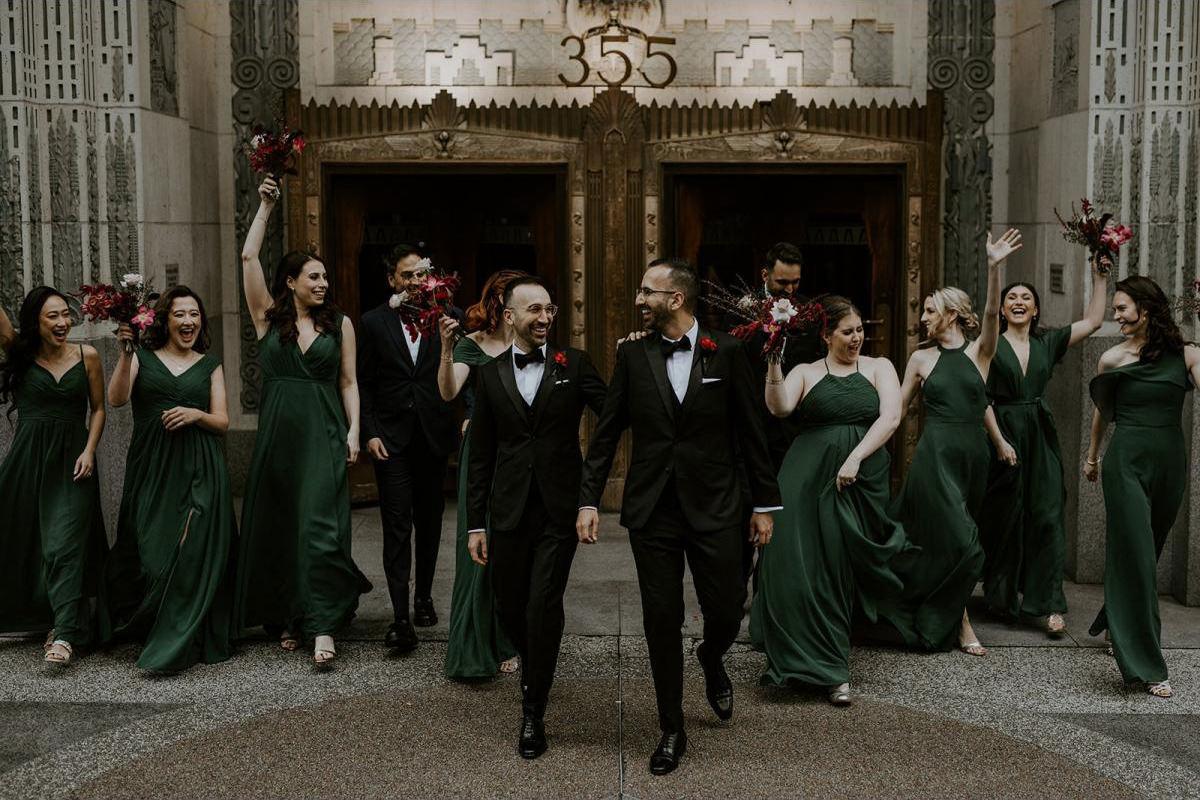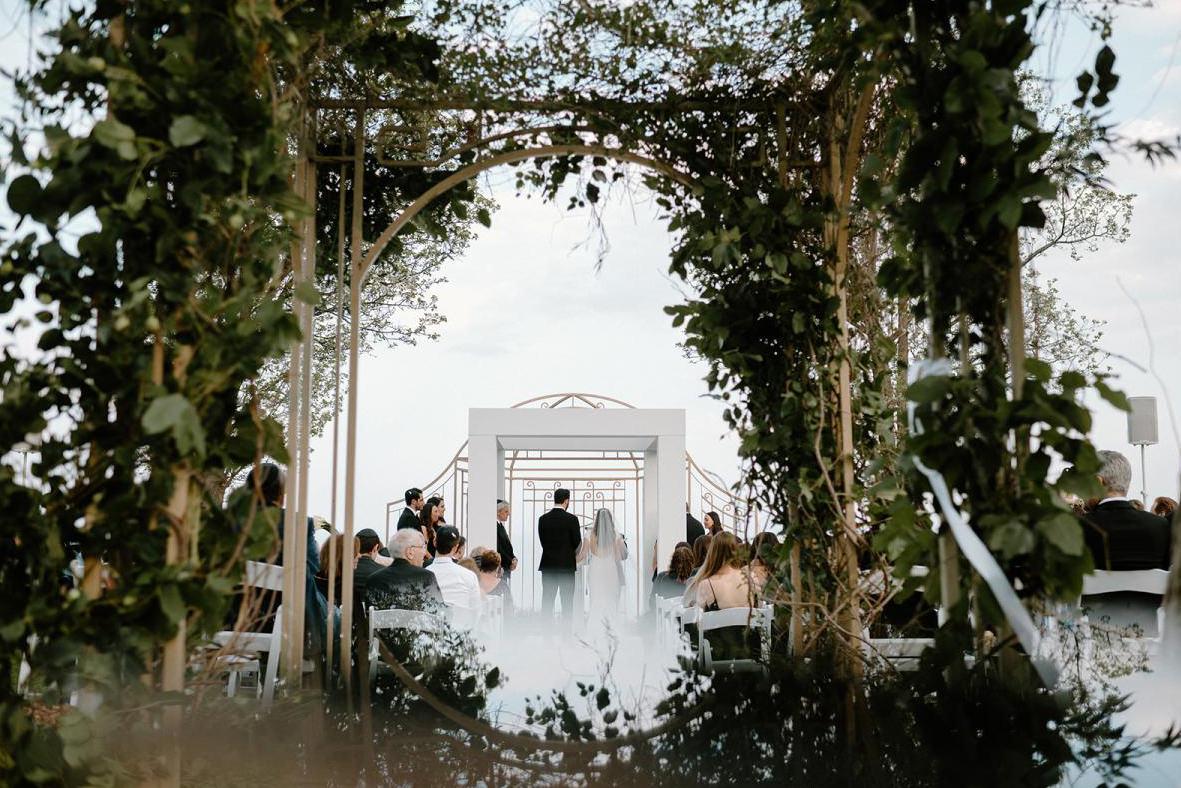From ancient rituals to modern reinventions, wedding traditions reveal more than just how we celebrate—they show us what we believe about love, identity, and community.
As we've explored in this series, every element of a wedding—from the dress to the vows, the music to the cake—carries a story. Some of these stories are beautiful. Others are uncomfortable. Many are surprising. But all of them offer insight into the cultural, political, and emotional fabric of marriage.
By understanding where these traditions came from, Canadian couples are better equipped to choose with intention—to honour what still resonates, and to let go of what no longer fits.

What This Series Taught Us
Throughout this series, we uncovered how:
- Fashion reflects gender norms, class structures, and creative rebellion
- Ceremony has shifted from sacred contract to deeply personal expression
- Symbols like rings, veils, and vows carry centuries of meaning—some empowering, some problematic
- Reception traditions like the first dance, bouquet toss, or speeches evolved from rigid rituals into opportunities for joy and reinvention
- Global and cultural practices continue to enrich weddings in Canada, challenging monolithic narratives about what a wedding “should” be
- LGBTQ+ couples, intercultural families, and those outside the wedding mainstream have always found ways to create love-filled ceremonies—even when unrecognized by law or tradition
Every tradition tells us something about how society saw marriage—and how couples today are transforming those definitions.
For Canadian Couples: Your Wedding, Your Meaning
Canada’s multicultural, inclusive landscape gives couples something rare: the freedom to choose.
You can:
- Wear red or white—or neither.
- Say ancient vows, write your own, or say nothing at all.
- Skip the cake. Toss the bouquet—or toss the whole idea.
- Honour your ancestry. Blend your cultures. Invent something new.
There is no single “right” way to get married. There is only your way—informed by the past, grounded in the present, and hopeful about the future.
Why Photographers Should Know Wedding History
For wedding photographers, understanding the evolution of traditions:
- Deepens storytelling
- Builds empathy across cultural and identity contexts
- Allows for more meaningful documentation of symbolic moments
- Helps frame weddings not just as events, but as cultural artifacts
Knowing why a couple includes a ritual helps us photograph it with care—and meaning.
